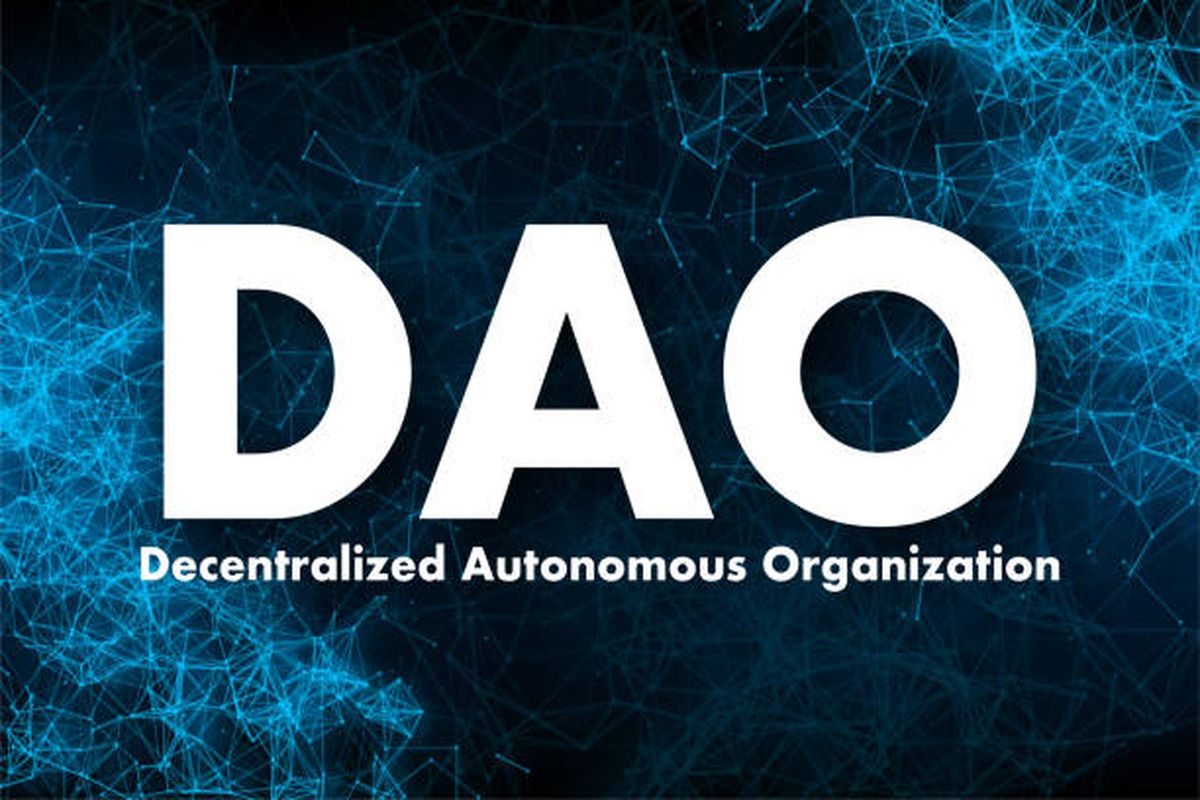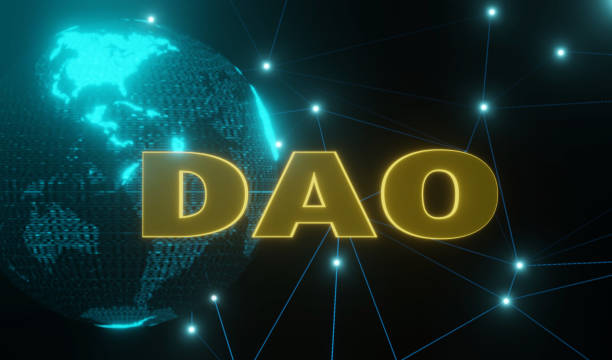All forms of corporations are subject to the same rules and restrictions set out in regulations. Confidential contracts, such as stakeholder leases, between firm owners might constitute such governance standards. Since companies may only operate via persons or other businesses, the legislation could also require the execution of such contracts.
There are two main problems associated with compliance with laws: first, participants do not constantly abide by the regulations, and second, participants don’t always agree on the frameworks’ implementation. Which party is thus put at greater risk? If involved parties have next to no input in administration decisions or are otherwise helpless to affect results, reckless spending and damages are more probable to appear. Decentralized autonomous organizations are one potential answer to the issues raised above. But why have a decentralized self-governing organization if it doesn’t do anything?
Different Kinds Of DAOs
Different forms of DAOs are covered below based on their methodology, organizational structure, and underlying technologies.
Protocol DAOs
Protocol DAOs are characterized by a governance system in which tokens are used as a voting measure for enforcing any modifications to the protocol. Case in point: MakerDAO’s DAI stablecoin has brought about a paradigm shift in the DeFi industry.
Bitcode AI is only one kind of DEX that gives out native governance tokens in return for participation in the liquidity pool.
Collector DAOs
Nonfungible token (NFT) artists depend on collector DAOs to prove ownership of their works. Flamingo is only one of many instances of DAOs. One such Collector DAO is PleasrDAO, which relaxes requirements for investing in NFTs.
Operating Systems
Operating systems are independent frameworks like Colony that businesses may utilize to develop their DAOs.
Service DAOs
Service DAOs include initiatives like MetaverseDAO, which gives people and businesses access to a talent-hunting service and backs acquisition strategies.
Investment DAOs
These organizations, which are also referred to as “Venture DAOs,” facilitate the pooling of funds to democratize investment in a variety of DeFi ventures. Millennials like the idea of investment DAOs because they are accessible to anybody, wherever in the world. One such endeavor DAO is Krause House, which is run by NBA fans and is controlled by the league’s most passionate supporters.
Related: Why DAO’s Are a Bad Idea
Grant DAOs
In a Grant DAO, members of the community donate money to a pool and then vote on how that money is dispersed. These DAOs are used to support cutting-edge DeFi initiatives, demonstrating the greater financial flexibility of decentralized communities compared to centralized ones.
Entertainment DAOs
Entertainment DAOs provide decentralized entertainment by empowering artists to bring their ideas to reality while retaining full control over the organization’s governance. Members of Flufworld, for instance, may customize and sell licensed versions of 3D NFT Flufs (a group of one-of-a-kind bunnies).
Media DAOs
Media DAOs remove the need for intermediaries like advertisements by giving content owners (readers) the opportunity to contribute directly in exchange for the native token. Forefront, for instance, provides a crypto education center in addition to development prospects for incubated enterprises and a wealth of other opportunities for DeFi aficionados.
Social DAOs
Social DAOs, like Blockster, are decentralized autonomous organizations that facilitate collaboration on social networking platforms for the cryptocurrency industry. Such communities provide a digital democracy in which all voices are heard and shared passions are explored.
Conclusion
As the prevalence of DAOs continues to rise, this presents a unique opportunity for scholars and researchers in the fields of business and management to develop novel theoretical and empirical frameworks to explain and understand these innovative organizations. Furthermore, organizations need to be abreast of changes that may affect their interactions with consumers. Even while DAOs are still relatively uncommon, they are garnering support from several hopeful developers.









